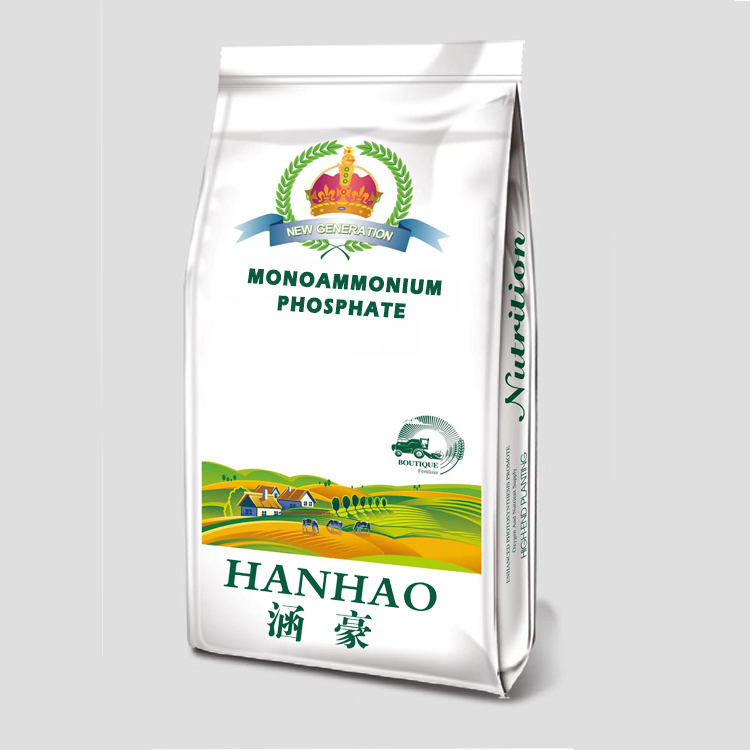
Oct . 07, 2024 07:50 Back to list
ammonium sulfate fertilizer supplier
Exploring the Benefits of Ammonium Sulfate Fertilizer A Guide for Suppliers
Ammonium sulfate fertilizer is a widely used and highly effective nutrient source for a variety of crops. With its high nitrogen content and additional sulfur, it offers numerous benefits that make it a preferred choice among farmers and agricultural suppliers. This article explores the advantages of ammonium sulfate, its application methods, and the role of suppliers in the agriculture industry.
What is Ammonium Sulfate?
Ammonium sulfate is an inorganic salt with the chemical formula (NH4)2SO4. It is produced by the reaction of ammonia with sulfuric acid. This fertilizer is a white crystalline solid that is highly soluble in water, making it an excellent nutrient source for plants. It contains approximately 21% nitrogen and 24% sulfur, which are essential elements for plant growth and development.
Benefits of Ammonium Sulfate Fertilizer
1. High Nitrogen Content The primary benefit of ammonium sulfate is its high nitrogen content. Nitrogen is a crucial nutrient that promotes vegetative growth in plants, leading to lush foliage, increased biomass, and higher crop yields.
2. Sulfur Source Sulfur is another vital nutrient that plays a key role in the synthesis of amino acids, proteins, and enzymes in plants. Ammonium sulfate provides a readily available source of sulfur, which is particularly important in soils that are deficient in this nutrient.
3. Acidifying Effect Ammonium sulfate is known for its acidifying properties. When applied to alkaline soils, it can help lower pH levels, creating a more suitable environment for nutrient uptake. This is particularly beneficial for crops that thrive in slightly acidic conditions.
4. Effective for Various Crops Ammonium sulfate can be used on a wide range of crops, including cereal grains, vegetables, fruits, and ornamental plants. Its versatility makes it a staple in many agricultural practices.
5. Cost-Effective Compared to other nitrogen fertilizers, ammonium sulfate is often more cost-effective, providing a reliable way for farmers to enhance soil fertility and improve crop yields.
ammonium sulfate fertilizer supplier

Application Methods
There are several ways to apply ammonium sulfate fertilizer
1. Broadcasting This method involves spreading the fertilizer uniformly across the field before planting. It ensures an even distribution of nutrients, making them available to crops as they grow.
2. Side-Dressing For established crops, side-dressing can be employed. This involves applying the fertilizer alongside growing plants to provide an additional nutrient boost during critical growth phases.
3. Fertigation In irrigated fields, ammonium sulfate can be applied through the irrigation system. This method allows for precise application and maximizes nutrient uptake by crops.
The Role of Suppliers
Ammonium sulfate fertilizer suppliers play a crucial role in the agricultural supply chain. They provide farmers with access to high-quality fertilizers and offer guidance on the appropriate usage based on soil tests and specific crop needs. Suppliers can also educate farmers on best practices for fertilizer application to maximize efficiency and minimize environmental impact.
Furthermore, as sustainability becomes an increasing concern in agriculture, suppliers are positioned to offer solutions that support eco-friendly practices. This could involve advising on integrated nutrient management strategies or providing information on the environmental impacts of different fertilizers.
Conclusion
Ammonium sulfate fertilizer remains a vital resource in modern agriculture due to its high nitrogen and sulfur content, versatility, and cost-effectiveness. As suppliers of this crucial input, understanding its benefits and proper application methods is essential for supporting farmers in achieving optimal crop growth and yield. By embracing their role as educators and providers, suppliers can significantly influence the success of agricultural practices and contribute to a more sustainable future.
-
10-10-10 Organic Fertilizer - Balanced NPK Formula
NewsAug.02,2025
-
Premium Organic Manure Compost for Eco Gardens
NewsAug.01,2025
-
Organic 10-10-10 Fertilizer | Balanced Plant Nutrients
NewsJul.31,2025
-
Premium Amino Acid Fertilizer | Rapid Plant Growth Booster
NewsJul.31,2025
-
10 10 10 Fertilizer Organic—Balanced NPK for All Plants
NewsJul.30,2025
-
Premium 10 10 10 Fertilizer Organic for Balanced Plant Growth
NewsJul.29,2025
